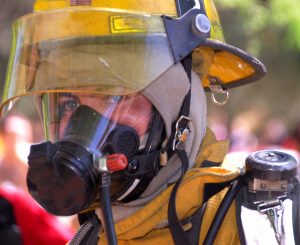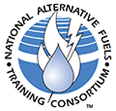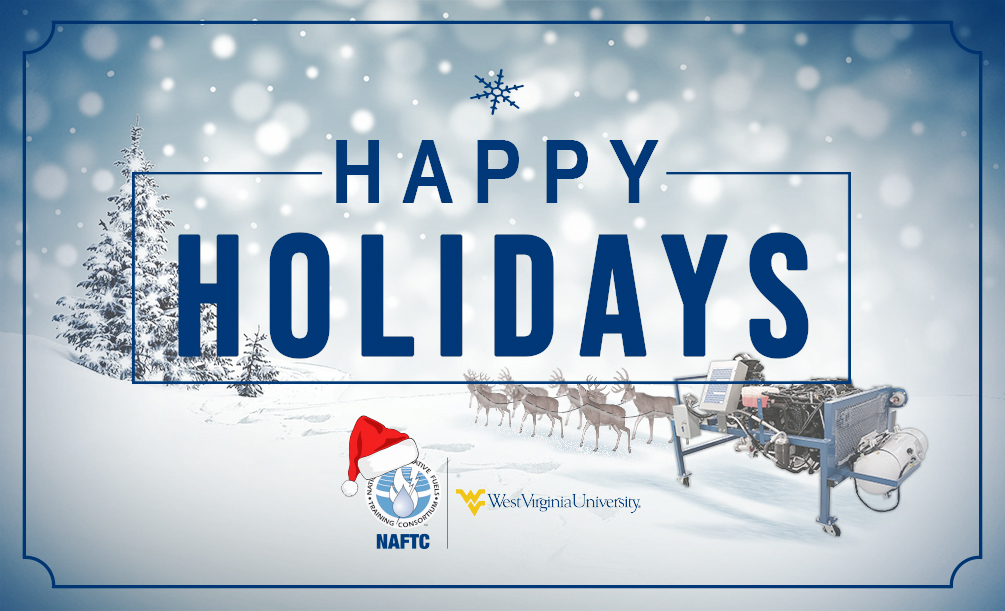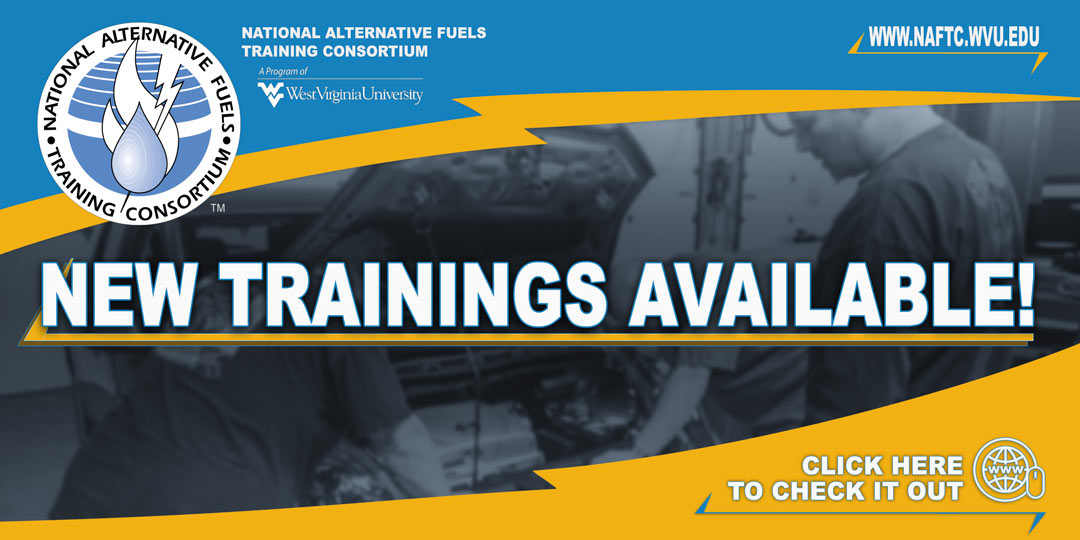Driving Alt Fuels
NAFTC Updates
Free WVU online courses help towing and salvage operators learn how to safely handle alternative fuel vehicles
The National Alternative Fuels Training Consortium at West Virginia University is offering two online trainings targeting towing and salvage operators about how to safely handle alternative fuel vehicles, or AFVs. As the number of AFVs—especially electric vehicles, or EVs—increases on today’s roadways, so does the chance that they will require…
Technical Articles
Hydrogen Fuel Cell Vehicles
The use of hydrogen as a transportation energy source in the U.S. could help to address growing concerns of energy security, global climate change, and air quality. Hydrogen is one of the cleanest fuels available for transportation. Hydrogen does not produce carbon monoxide (CO), carbon dioxide (CO2), or hydrocarbon (HC)…
On Scene

Methods to Identify Alternative Fuel Vehicles
A first responder has the important responsibility of identifying whether the vehicle(s) at the scene of an incident is an alternative fuel vehicle. This task may be difficult if the vehicle has experienced extensive body damage or has major panels blocked by obstructions, as this could make it difficult to…
Odyssey Updates
National AFV Day Odyssey to be celebrated across the country
The ninth installment of National Alternative Fuel Vehicle AFV Day Odyssey—the nation’s largest alternative fuel vehicle awareness event—will be held on October 17, 2019. What is National AFV Day Odyssey? An Odyssey event at the National Research Center for Coal and Energy at West Virginia University drew both students and employees…
Members Spotlight
NAFTC at the UNOH Instructor Update Seminar
For 35 years, the University of Northwestern Ohio (UNOH) has hosted the Instructor Update Seminar. The annual event—held this year from July 17th through 20th—provides training for high school and community college automotive instructors. Event attendees are able to earn continuing education credits for the event. Attendees came from across…
NAFTC Updates
NAFTC Featured on ‘Goss’ Garage – Motorweek
MORGANTOWN, W.Va. – Micheal Smyth, interim director of the National Alternative Fuels Training Consortium at West Virginia University, will be featured on a national broadcast of ”Motorweek” this weekend. Smyth will discuss electric vehicle maintenance with master mechanic and show host Pat Goss in the “Goss’ Garage” segment of the…


